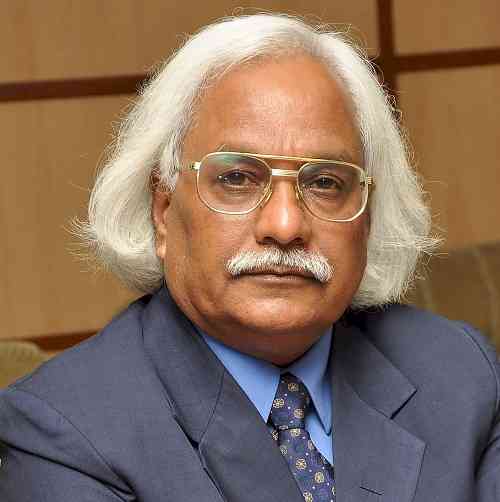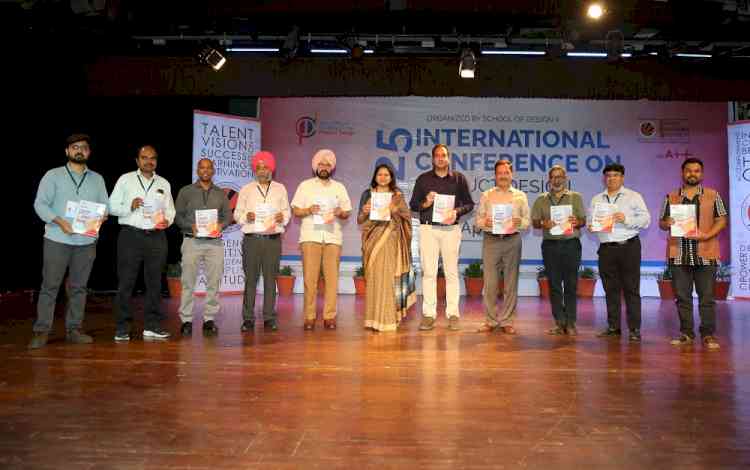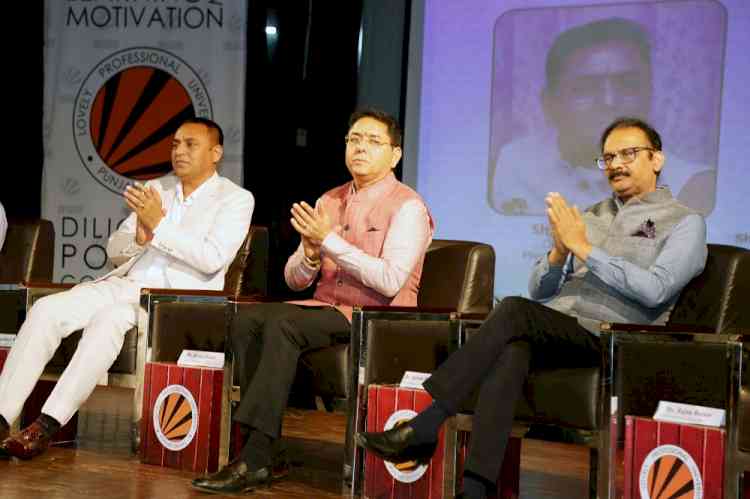Would brick and mortar university survive post covid? - Prof PB Sharma
Prof PB Sharma has been the President of Association of Indian Universities, AIU

The champions of higher education and their admirers in the industry and corporates have all along been laying a heavy emphasis on investment on infrastructure in the universities and institutions of higher learning. For them the grand image of universities was and still is because of the grand library building or the grand administrative block or Chancellor's Court. The repute and the brand image of the University for Them was a license to market their graduates in reputed organizations. And it had been so for long is an undeniable fact. But then in the Digital era of higher education , the grandness of the Brick and Mortar universities is becoming highly questionable as the values and worth of digital learning in respect of online classes, collaborative teaching, group learning and autonomy of learning have emerged as more important consideration for quality of education than the structured tutoring that marked the identity of most Brick and Mortar universities, says eminent educationist Prof PB Sharma, Founder Vice Chancellor of DTU and RGPV who is currently Vice Chancellor of Amity University Gurugram. But the moot question is whether the industries in the post Covid era care more for the paper degrees or the capabilities, competence, character and attitude of the graduates to tomorrow?
The bells for a massive disruption were well sounded in the prophesy made by the renowned management guru Peter Ducker who as early as 1997, some 23 years ago alerted that "Thirty years from now, big university campuses will be relics. Universities won't survive. It's as large a change as when we got the printed book". This was prophesied to happen in 2027 but thanks God Corona Pandemic lockdown forced the universities to take up a wakeup call and rethink on universities of 21st Century that will cater for learning what is of interest and provide a learner centric environment to facilitative learning that matters.
The sudden and prolonged lockdown due to Corona Virus Pandemic has caused a massive disruption of academic activities in universities world wide. But thanks to easy assess and rapid adaptability of digital learning systems both by the teachers and students that the massive disruption could not damage the academic activities as much as it intended to do. The damage is more because of massive disruption of economic activity and prolonged shut down of industries and businesses and a total breakdown of the supply chain that drives today's networked economic systems. The massive loss of jobs at all levels is one such challenge that is in impacting the future of higher education in India and also in the developed as well as developing countries. In fact, the developed countries are worst effected both from the disruption of their industrial and business activity and it's devastating impact on universities in these countries.
In India too the massive disruption of economic activity is not easy to recover. The GDP has already been projected to be lowest ever at 1.2% as per the revised estimates by WEF recent report.
It is also ironical that year 2020 that was christened as the year of a developed India as per the India 2020 of Dr APJ Abdul Kalam shall be remembered as the Corona Year 2020 that even forced the passing out graduates of 2020 from great many reputed universities abroad to satisfy with Virtual Graduation Ceremonies that shall deprive them of the immense excitement and euphoria that is associated with this land marked event in one's lifetime called Deekshant Samaroh in our Indian tradition.
Luckily in Indian Universities despite the challenge coming so sudden, the academic community has well responded to take up the wakeup call and during the 52 days of lockdown prepared their students very well using the web portals and with massive use of e-resources. In Amity University we were more fortunate than many as well before the Corona crisis, Amity had set up Amity Future Academy and trained its teachers to use online portals and resources for online learning systems. Further, the sustained focus of Amity University on dedicated intranet 'Amazon' driven e-governance and management of academic and administrative functions has made it easy for Amity Universities to switch over to online teaching learning systems without any loss of time or loss of quality. On the contrary, the online systems further improved quality of teaching learning environment with effective integration of webinars of industry experts and extended learning provided by open assess to vast e-resources made available to both the teachers and student community.
The challenge however before the universities world wide is how to redesign the university system to not only address the current challenge posed by the Corona Virus Lockdown and the resulting massive disruption caused to the National and global economy but to prepare for a bright future of higher education that shall thrive on its strength of flexibility, technology-savvyness and innovative power that shall guarantee agility and vibrancy of its relevance to drive economic growth and human excellence together, says Prof PB Sharma who has been the President of Association of Indian Universities, AIU.


 cityairnews
cityairnews 










